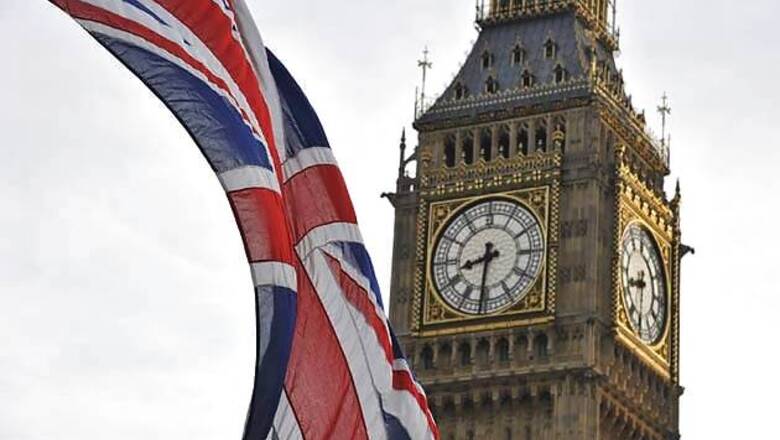
views
London: British Police closed their three-year investigation into the theft of hundreds of climate science emails published to the Web, on Wednesday saying there was no hope of finding suspects.
The theft, dubbed "Climategate" by some, caught researchers at the University of East Anglia's Climatic Research Unit discussing ways to dodge right-to-know requests, keep opponents' research out of peer-reviewed journals, and destroy data. The unguarded and occasionally unprofessional messages dented the reputation of several researchers and provided ammunition to skeptics of mainstream science, many of whom seized on the documents to claim that the threat of global warming was being hyped.
Several overlapping inquiries have since vindicated the researchers' science, if not their attitude, but the furor over Climategate dominated debate in the run-up to the crucial 2009 UN climate talks in Copenhagen, Denmark. Those talks ended in failure, and world leaders are still struggling to come up with a binding plan to impose caps on the emission of greenhouse gasses blamed for rising temperatures and melting ice caps. A second leak, published to the Internet in 2011, came a week before similar climate talks in Durban, South Africa.
The local British Police force investigating the breach said on Wednesday that its officers had been caught out by the complexity of the attack and the three-year-long statute of limitations on Britain's Computer Misuse Act.
Det Chief Supt Julian Gregory of the Norfolk Constabulary said in a statement that his officers "do not have a realistic prospect of identifying the offender or offenders and launching criminal proceedings within the time constraints imposed by law."
Gregory's force, which has come under criticism from some quarters for its failure to find the culprits, said that it had sought help from counter-terrorism and cybercrime investigators at Scotland Yard, Britain's domestic extremism task force, as well as outside Internet security consultants.
It noted that the perpetrator or perpetrators had masked their activity using "methods common in unlawful internet activity," but didn't go into any further detail.
The force added that the breach - which led to the publication of several thousand emails in all - was the result of an attack by a malicious hacker, not a leak by a whistleblower as some had speculated.


















Comments
0 comment